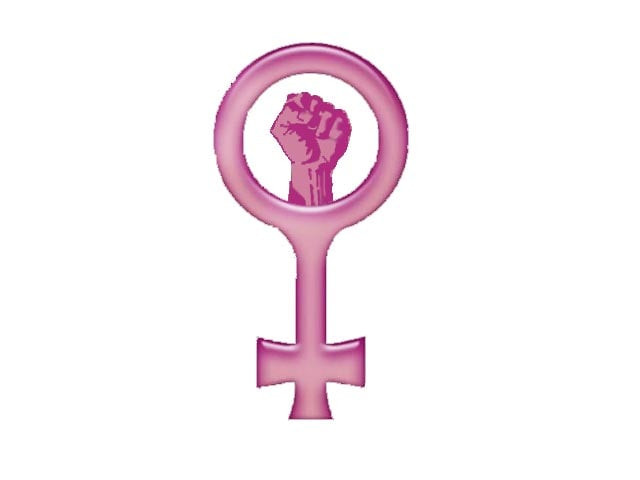FATA political representation: One woman talks about gender equality
Young Dur-e-Shahwar, who is in her 20s, was only woman amongst tribal elders who gathered for a jirga in Peshawar .

In the conservative society of the Federally Administered Tribal Areas (Fata) where women are rarely seen in public, Dur-e-Shahwar embraced the challenge of representing the women of Mohmand Agency in a traditional jirga – the traditional domain of prominent men in region, known as tribal elders.
Young Dur-e-Shahwar, who is in her 20s, was the only woman amongst tribal elders who gathered for a jirga at Nishtar Hall in Peshawar last month to discuss different aspects of the recently amended Frontier Crimes Regulations (FCR).
The young politician is a member of the Awami National Party (ANP) and holds the position of the party’s joint secretary. She made her presence felt at the jirga when she raised the issue of women’s rights in the meeting – although it had not been part of the original agenda.
Talking to The Express Tribune, Shahwar emphasised the lack of women’s equality in the region. Cultural traditions, social practices and low literacy have left women increasingly vulnerable. Women are, for the most part, restricted to performing household work, and are excluded from decision-making both on the domestic front and at the community level, she said.
“It needs to be reviewed and considered that tribal women’s access to education and health care is limited in part because such services are not available close to home and they are unable to move freely,” Shahwar said while expressing her concerns.
Describing her experience of being the only female tribal jirga member, she said that perceptions regarding a sufficient link between the growing incidents of violence against women and notorious customs like Swara (marrying off women to settle feuds) compelled her to represent the women of Fata in a meeting where the agenda was confined to FCR amendments.
“I was the only one who talked about the empowerment of women living in extremely miserable conditions and I was glad to see that other members endorsed my point of view and concerns,” she added.
Dispelling female stereotypes
Samar Minallah, a women’s rights activist from Khyber-Paktunkhwa, however, presented a different view of female participation in the region. While appreciating Shahwar’s active role, she said that traditionally, tribal women had played an important role in their local political sphere. The way women were portrayed by mainstream and international media was reinforcing stereotypes, she emphasised.
“In traditional dispute resolutions, ‘mashray’ or women elders would play a vital role in ‘ghat oozar’ or grand apology. Amongst the two warring tribes, if women would intervene covered in black Chadars, it was imperative for the enemy to put down weapons. This was also called ‘Nanawatay’,” she said, elaborating that the old traditions had almost died out after the growing influence of religious extremism.
Minallah said that in 1993 she interviewed a women from Bajaur who was a ‘Malaka’ (tribal leader). Known as ‘Kashmiray Malaka’, she would not only lead tribal jirgas but was also considered a respected leader. “Such women were termed ‘Takra’ (brave), and ‘Narray’ (daring), she added.
“Traditionally and culturally we have several positive examples where women have been accepted and respected in a completely different environment as leaders. Nasim Wali Khan is yet another example,” Minallah said, aiming to dispel stereotypes.
Minallah was of the view that “It is a more recent phenomenon where women have been restricted to the home. It’s a mindset that has restricted them and their abilities. If given a chance, they can play a very significant role in society,” she added.
Published in The Express Tribune, January 22nd, 2012.



















COMMENTS
Comments are moderated and generally will be posted if they are on-topic and not abusive.
For more information, please see our Comments FAQ